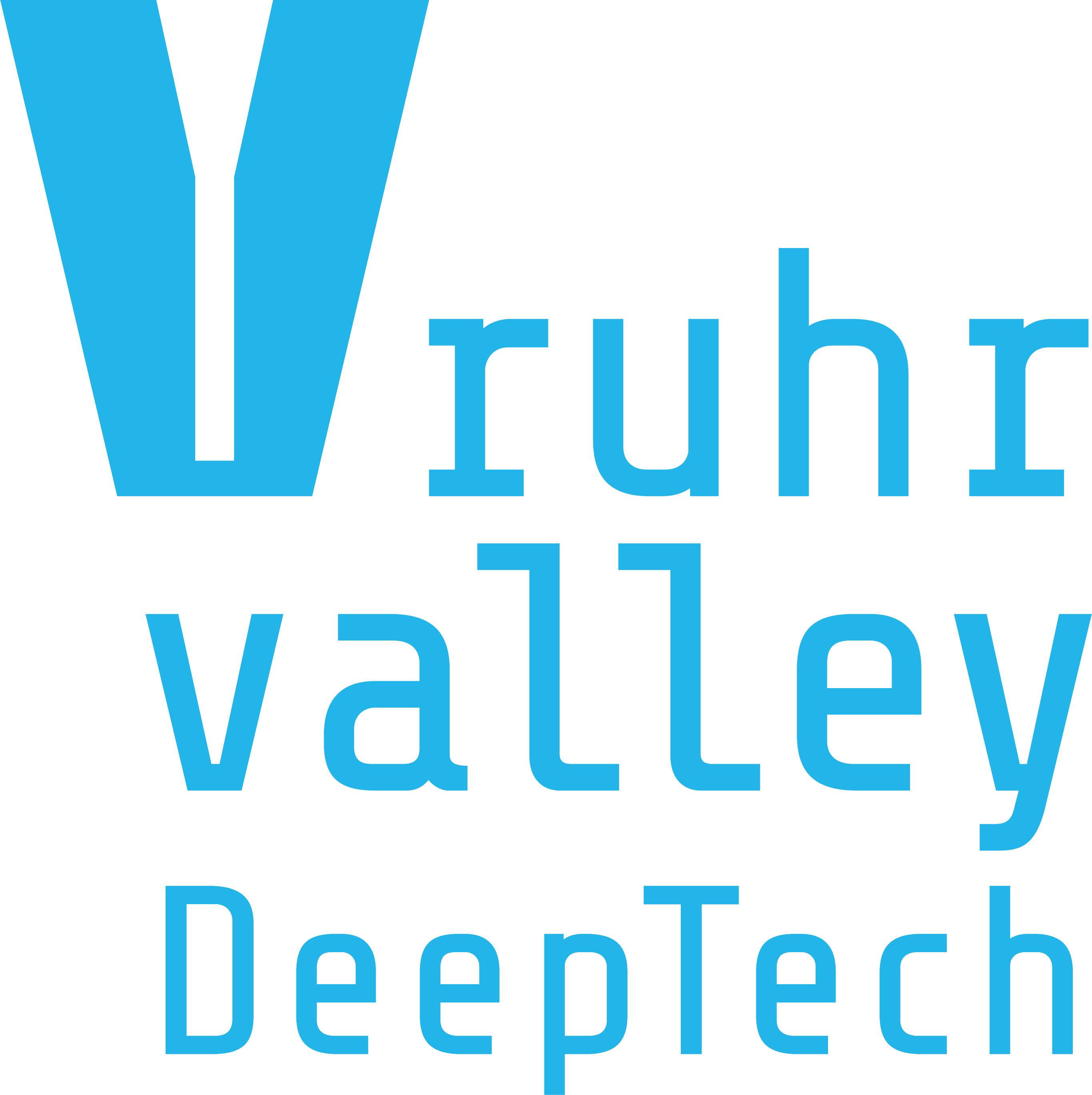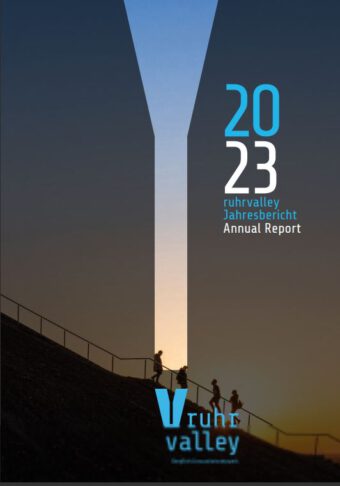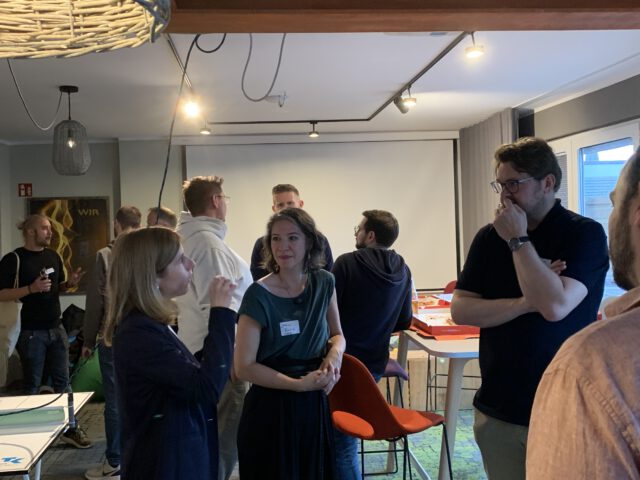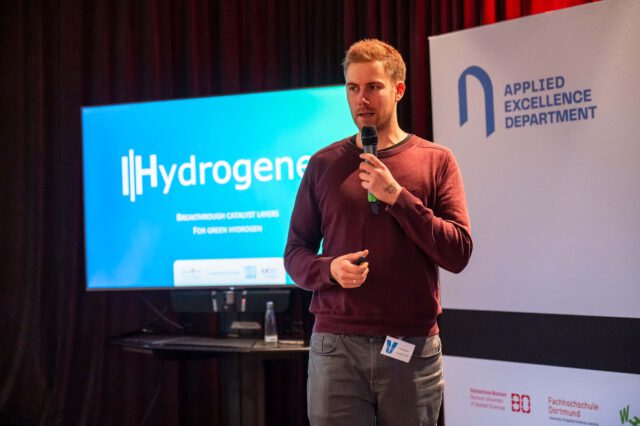Project
SCiSusMob
Smart City Sustainable Mobility
Faced with the process of decarbonisation, the transport sector confronts an immense need for transformation. The project team studies how to make this system more sustainable through the intelligent connection of mobility and logistics services with light electric vehicles (LEV) and new concepts for a renewable energy supply.
Starting Point
Faced with the process of decarbonisation, the transport sector confronts an immense need for transformation. The preliminary study Battery as a Service for Light Electric Vehicle Sharing already showed that digital mobility services such as e-scooter sharing can have great potential for higher resource and area efficiency as well as for lower emissions. However, these services can only be sustainable when smart concepts for vehicle energy supply underlie their use. To date, it has been possible to identify numerous innovative energy supply concepts; however, the use of different vehicle, battery, and energy supply systems, as well as business and operating models makes it difficult to achieve potential synergy and scaling-up effects.
Our Solution
SCiSusMob follows up on the results of the preliminary study and focuses on a holistic approach to mobility and energy supply. Of particular interest are a future-oriented digital infrastructure and its effects on the urban mobility system. The project team studies how to make this system more sustainable through the intelligent connection of mobility and logistics services with light electric vehicles (LEV) and new concepts for a renewable energy supply. To this end, the project is developing an standardised methodology to allow the evaluation of the effects of LEV sharing services with regard to user-friendliness, economic efficiency, and environmental balance of the whole mobility system. Renewable energy supply concepts for LEV, such as battery changing stations will be analysed, especially with regard to their interfaces and business models. The potential for a system solution in the form of a common platform for mobility and energy services will be evaluated based on this analysis.
Funding ID
13FH0I73IA
Supported by the Federal Ministry of Education and Research
Project Duration
2021 – 2024







